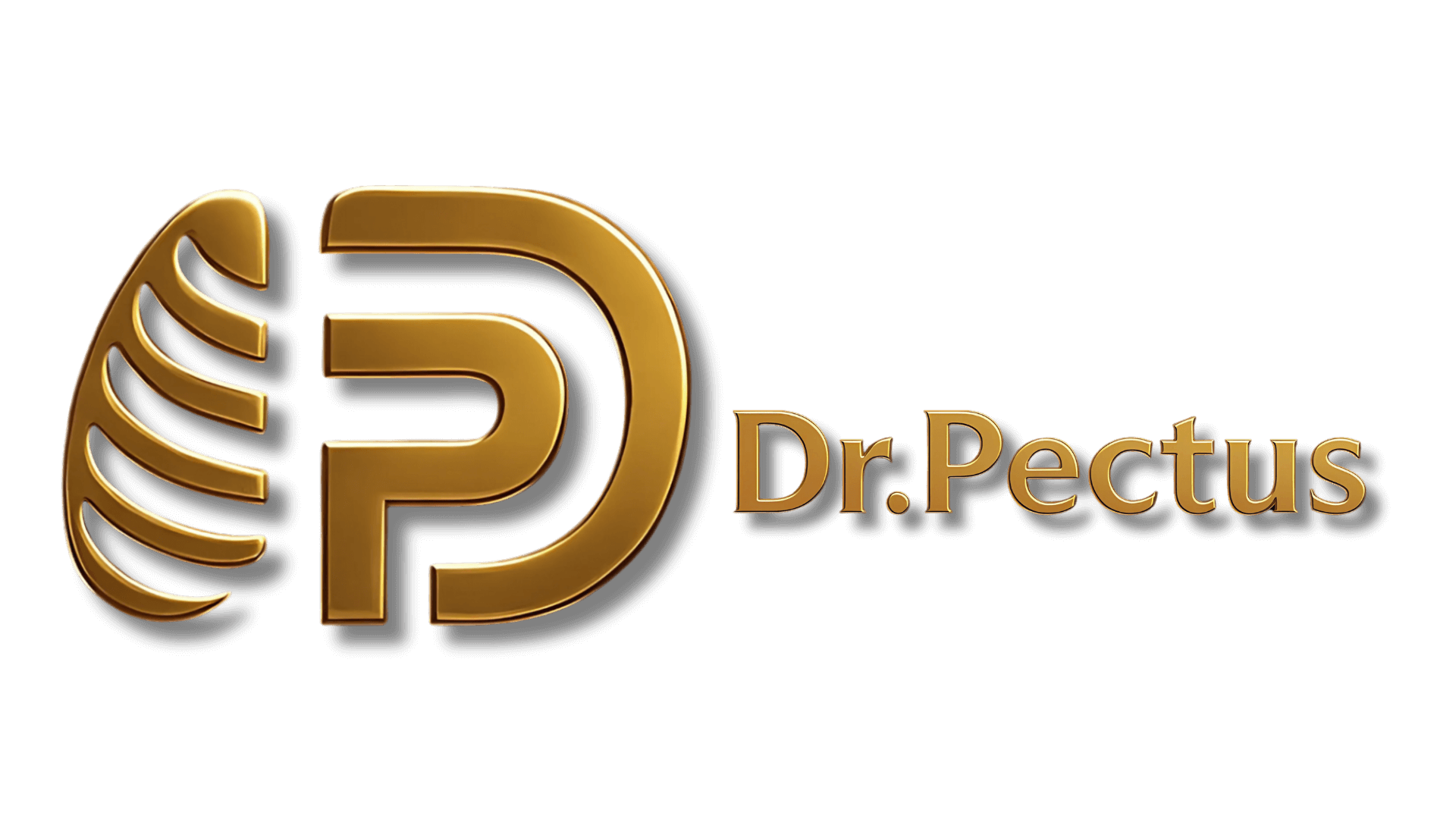Welcome to Our Psychological Support Program
Many physiological problems of pectus have been reported in the literature. Unfortunately, there is also an aesthetic and psychological aspect. What I am talking about is not an arbitrary aesthetic concern in the form of filling botox. We want to draw attention here. One of our goals in this treatment is to eliminate a feeling of disability in the patient. Look, I have listened to so many patients and witnessed dramatic discourses. For example, a patient of mine said that he had never been to the sea or the pool in his life. Because he was afraid to take off his shirt. Another patient of mine said that he checks for wind before going out because t-shirt sticks to his body in the wind, showing the deformity. In the heat of Izmir, I saw the one who wore a coat on a summer day, and the one who broke up with his fiancé because of this. The aesthetic concern we are talking about is never an arbitrary concern.
Psychiatrists have also focused on this issue; They found 82% lack of self-confidence and 78% anxiety disorder in children with pectus. Individuals are not at peace with themselves. Many psychiatric cases such as major depression have been reported in the literature. That’s why psychiatrists call this condition “mental deformity” in the literature.
At the same time, conditions such as hunchback, bending of the shoulder heads, wings on the shoulder blades, and scoliosis, which cause patients to have an insecure posture, increase the level of this mental deformity.
For this reason, in our clinic, where pectus therapy, physiotherapy and psychologist support are provided together, we can solve not only the problems in the bodies of the patients, but also the problems in their psychology, and we bring happy individuals who are at peace with themselves to the society.
At Dr. Pectus, we understand that pectus conditions not only impact the physical aspect of your health but also have emotional and psychological implications. Our Psychological Support Program is designed to provide you with compassionate care, understanding, and guidance to address the psychological aspects of your pectus journey. Our experienced psychologists are here to support your mental well-being throughout the process.
The Importance of Psychological Support for Pectus Patients
Living with a pectus condition, undergoing surgery, or managing treatment can often be accompanied by a range of emotional challenges. Our Psychological Support Program recognizes the significance of addressing these concerns, as psychological well-being is closely tied to overall recovery and quality of life. Psychological support can:
Promote Emotional Resilience
Adjusting to a pectus condition and navigating the treatment process can be emotionally challenging. Psychological support provides you with coping strategies and emotional resilience to manage stress, anxiety, and any other emotional difficulties that may arise.
Enhance Body Image and Self-esteem
Pectus conditions can impact body image perception and self-esteem. Our program offers strategies to help you develop a positive body image, improve self-confidence, and embrace your unique journey.
Facilitate Communication and Coping
Openly discussing your concerns, fears, and hopes with a professional can help alleviate emotional burdens and foster healthy coping mechanisms. Psychological support provides a safe space for expression and helps you develop effective communication skills.
Support Family and Caregivers
The pectus journey can also affect your loved ones who provide support throughout the process. Our program extends support to family members and caregivers, equipping them with tools to better understand and assist you on your journey.
Our Psychological Support Services
Our dedicated team of experienced and registered dietitians will work closely with you to create a personalized nutrition plan that caters to your unique needs and goals. Our services include:




